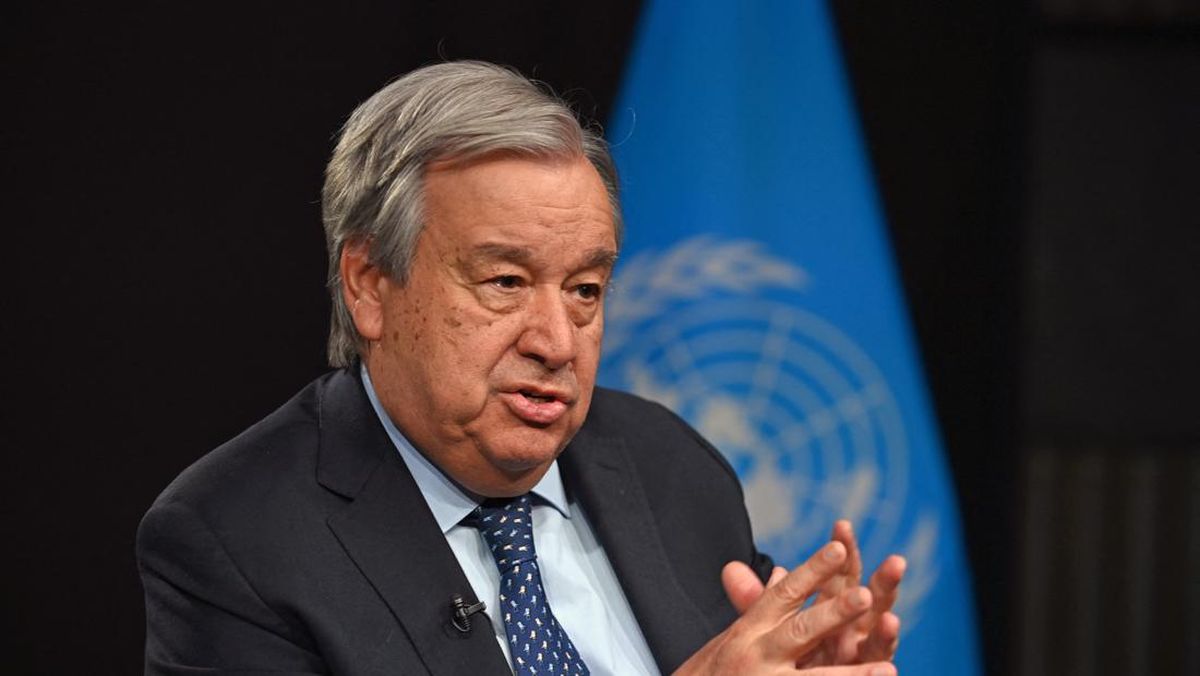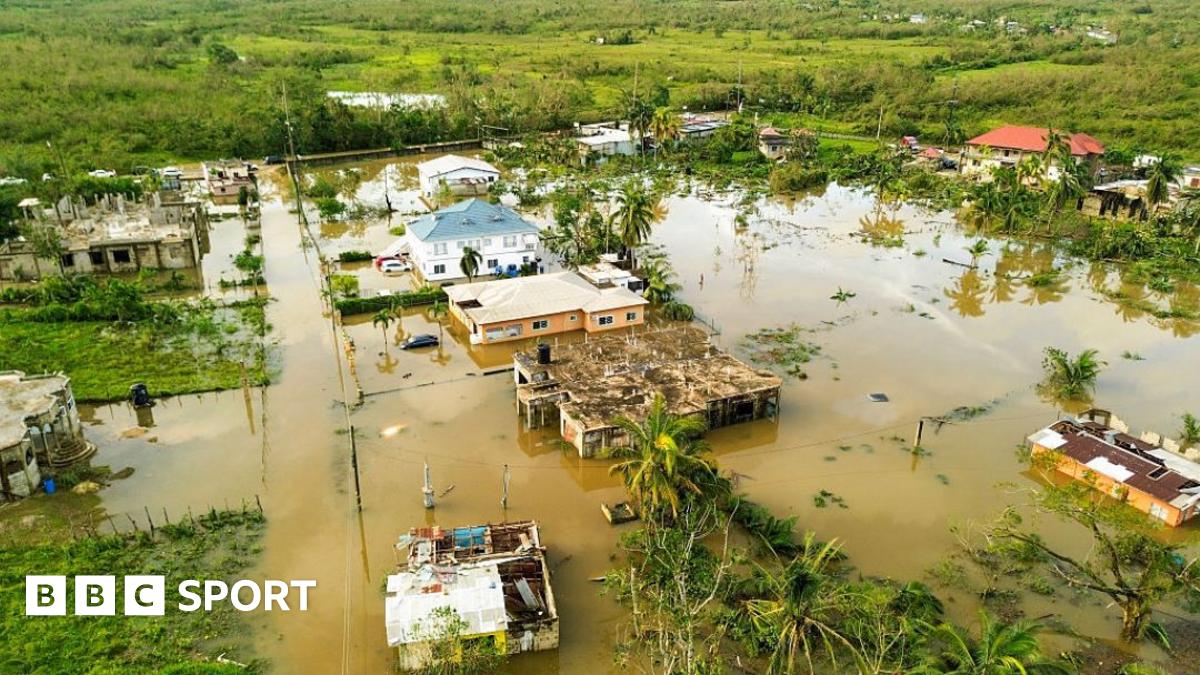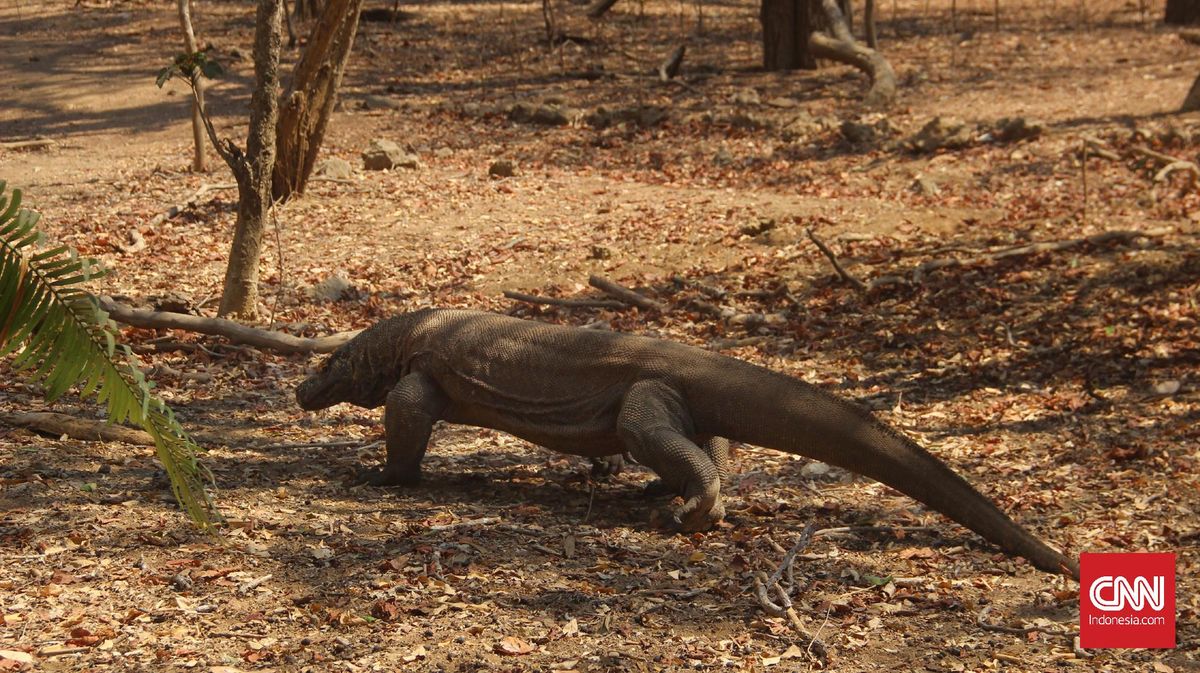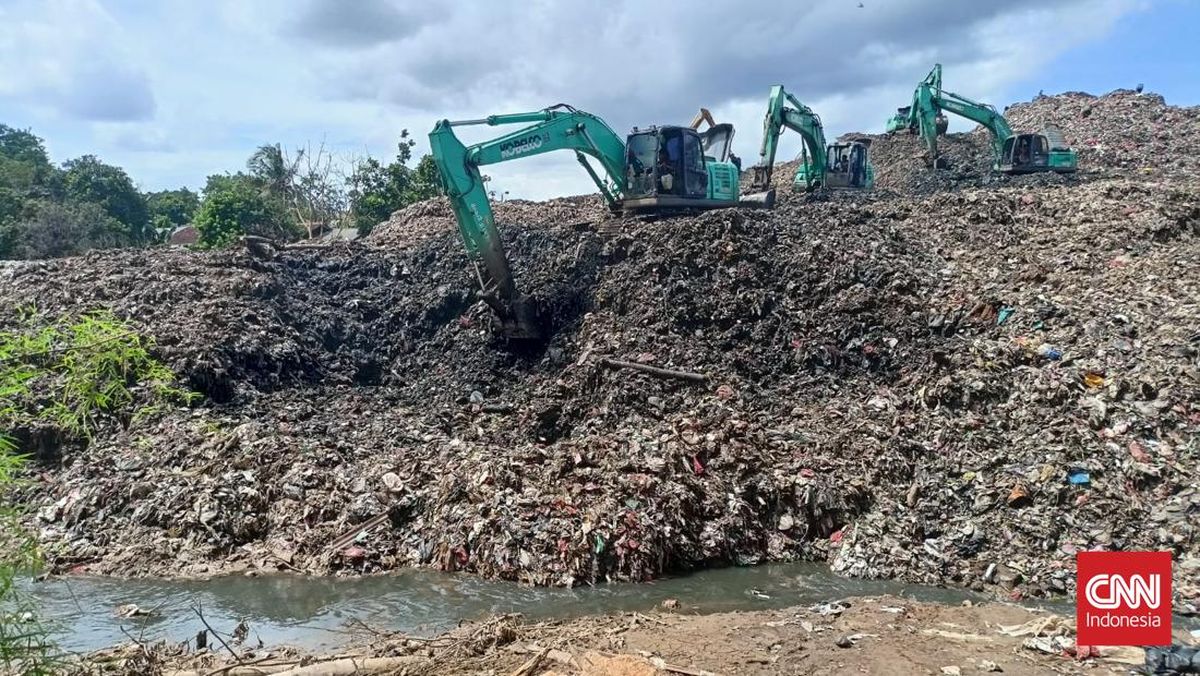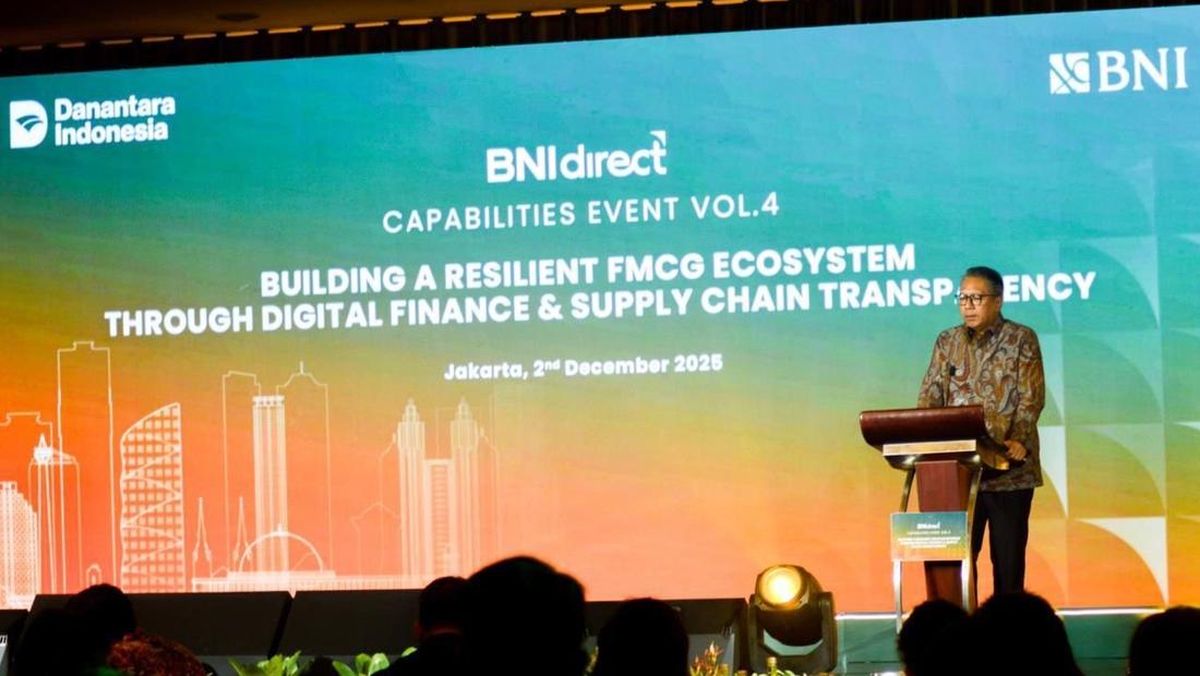The geopolitical contours of the 21st century are still in flux but the broad outline is already clearly visible. America remains the dominant global power of our age, but it is no longer undisputed master in a unipolar world — as it was, if only briefly, after the end of the Cold War. The rise of China has seen to that. But the challenge is not from China alone.
Rival centres of power are emerging, which broadly share China’s desire to undermine American hegemony, to cut the US down to size, indeed to replace the rules-based system, largely designed by America with British help, which has predominated since the end of World War II, with one more conducive to their own interests.
We saw the embryo of what is, in effect, a rival Chinese-led coalition last month, when President Xi Jinping held the largest summit to date of his Shanghai Co-operation Organisation. Besides President Vladimir Putin and the usual crowd of Central Asian despots, attendees included, most significantly of all, Indian Prime Minister Narendra Modi, Turkish President Tayyip Erdogan and leaders representing Iran, Pakistan, Egypt, Armenia and Azerbaijan.

Narendra Modi with Vladimir Putin and Xi Jinping before the Shanghai Co-operation Organisation summit.Credit: Getty
So not just a gathering of dictators but of dictators and self-styled elected strongmen from countries, like India and Turkey, supposed to be on the democratic side of the ledger. United not by a common ideology, as in the days of Soviet communism, but by complementary grievances against a status quo in which the US still broadly predominates. An axis of autocracy run by autocrats of various shades aiming to challenge America and its allies and rewrite the global rules and power structures more in their favour.
Partly thanks to recent American indifference, even complicity – but also to Europe’s relentless decline, economically and militarily – the autocratic alliance is gaining in strength while the democracies grow weak and divided.
And they don’t just meet in Shanghai to chew the cud. They are already waging war – in Europe.
The ongoing invasion of Ukraine is regularly cast as a Russian-Ukrainian conflict. But it is so much more than that. As the West half-heartedly helps Ukraine to resist – if never by enough to help it win – the axis of autocracy is at full tilt.
The Russian drones which, along with cruise missiles, increasingly attack Ukrainian apartment buildings at night come courtesy of Iran. At first, Iran supplied them direct. Now Russia mass produces updated versions of the Iranian Shahad-136 itself, by the tens of thousands, under licence.
China supplies Russia with the finance and machine tools to rearm after so much of its military machine has been churned up in the Ukrainian meat grinder. China has also supplied plenty of dual use equipment and even taken helpful stakes in Russian military industries.

Iranian drones have smashed into Ukrainian homes.Credit: Getty
China doesn’t want Russia to lose in Ukraine because it wants US attention divided between Europe and Asia, when America doesn’t really have the resources to deal with the challenges of both continents properly.
Revenues from oil and gas continue to fund Putin’s war and the buyers are China and India which, despite Western sanctions, continue to buy billions of dollars worth of Russian fossil fuels.
China has imported more than $300 billion worth of Russian fossil fuels since dictator Putin invaded Ukraine three-and-a-half years ago. India now imports so much Russian crude that it has become the biggest supplier of refined oil to Europe, overtaking Saudi Arabia last year.
Around 40 per cent of the ammo Russia fires at Ukraine comes from North Korea, which is also building a drone factory for the Kremlin. And perhaps most remarkable of all, over 12,000 North Korean troops were deployed to help Russian efforts to snuff out a European democracy. It was a breathtaking development.
If perhaps not an entirely successful venture. Apparently the North Korean grunts discovered pornography while on manoeuvres with Russian IT, which rather distracted them from their war-fighting duties. Sometimes the defence of democracy comes in mysterious forms.

Filling up in Mumbai. A decline in Russian oil exports to Europe has been largely offset by shipments rerouted to customers such as China, India and Turkey.Credit: AP
Even so, the autocratic axis which Ukraine faces serves to illustrate the seminal if sad geopolitical trend of the 21st century to date: contrary to all our hopes at the end of the last century, the 21st century has not seen the much-predicted triumph of liberal democracy. On the contrary.
Far from it being the end of history, the story of this century so far – and we’re now a quarter of the way through it – has been the rise of the autocrats. This has been their century.
The march of the autocrats has been facilitated by the disarray of the democracies, the weakness of the Biden administration, the unreliability and unpredictability of Trump’s America, the failure of the European democracies to rearm despite a plethora of clear and present dangers, and the cavalier loss of the global south, like South Africa and Brazil, perhaps even India, which now find China – which offers stability, reliability and money, better soul mates than the democracies.
How has it come to this?
It’s a fool’s mission to try to construct from the accumulated grievances and whimsical narcissism that guide Donald Trump, a coherent, overarching strategy. By and large he just makes it up as he goes along, as the self-harming farce over on-off, on again, off again, on again tariffs this year has illustrated.
In so far as there is a Trump worldview – not one he has ever articulated but which can be divined from his actions and words – it is scarily similar to the dystopian world of George Orwell’s seminal novel Nineteen Eighty-Four, in which the globe is dominated by three powerful blocs of the Oceania, Eurasia, and East Asia.

So far as Donald Trump has a worldview, it seems to echo a version of the world in George Orwell’s dystopian novel, Nineteen Eighty-Four.Credit: AP
Trump, probably unintentionally, is carving up the world in much the same way. He is unconcerned at the prospect of a Russian-dominated Europe, which he sees as Europe’s problem not America’s.
He does not see Russia as a threat to the US. He sees Russia as a regional superpower not a global one. And the region is Europe. The fate of America’s allies, or perhaps we should start saying former allies, does not seem to trouble him.
Trump does not like Europe and wants to rid America of its needy, clinging ways. Ukraine has dragged America back to Europe as it was in full pivot to the Pacific, where Washington policymakers, Democrat and Republican, have long seen America’s 21st century geopolitical challenges.
Ditto the Middle East where, again, Trump sees no long-term American interests. But, again, events have conspired to draw America back in, given the atrocities of October 7. As Israel swept all before it in the aftermath of that barbarity, the geopolitics of the region were redrawn. Trump, who likes success, jumped on the Israeli bandwagon to put Iran in its place.
It worked. In all that followed he saw an opportunity for peace, and to his everlasting credit, he grabbed it. But for Trump peace, if that is what materialises, is a prelude to exit.
When the Middle East was America’s petrol station and Soviet Russia was in expansionist mode, the region was of immense geopolitical significance to America. Not in TrumpWorld. As the president never tires of telling us, the US is now self-sufficient in fossil fuels – indeed a net exporter of oil and gas. So no longer dependent on the Middle East for energy. Which diminishes its importance in Trump’s eye.
Loading
If it has an enduring significance for him it’s because the Middle East – or more accurately the Gulf – has what Trump covets most: loads of surplus dosh. He largely regards and treats the Middle East as his very own ATM, to which he goes for money and gifts.
For Trump, the Middle East along with Europe, are so 20th century.
So if the screws have to be put on Ukraine to facilitate a peace of sorts while demanding nothing of the Kremlin – then so be it. And that is, exactly, what has been happening. Anything to bring hostilities to an end – and start the draw-down of US involvement in Europe.
So far, Putin has not proved as obliging as Trump hoped – largely because Putin still thinks he can win in Ukraine. Nor is Trump too exercised with a China-dominated East Pacific Rim. Which does not bode well for Taiwan and brings Australia problems of its own.
His tariff wars are not designed to curb the expansion of Chinese influence in the East Pacific, which would at least give them some political if not economic justification. If anything they will reinforce Chinese ambitions as those powers on that rim – America’s allies – make their peace with China because they fear America is no longer a reliable ally.
But if China and Russia are to be allowed relatively free reign in their near abroad then in TrumpWorld so must America in its backyard – the western hemisphere. In essence Trump is facing two ways at once. Withdrawing from the rest of the world as America retreats from long-held global responsibilities, power and influence. But expanding America’s imperial ambitions in the western hemisphere.

Vice President JD Vance and his wife Usha in Greenland, which is in play as Trump asserts his imperial ambitions.Credit: AP
So, in effect, you decouple from Europe, the Middle East, even East Asia by retreating from them as spheres of influence and places to project power. But you assert imperial ambitions for Greenland, Canada and Panama, which are urged – perhaps even cajoled – to come under some sort of US tutelage, one way or another.
In the most recent iteration of this “dominate the backyard” approach to foreign policy, this is not a good time to be a Venezuelan fisherman.
And it explains why Trump has just waived the rule that US warships must be homemade by ordering four military ice-breakers from Finns, which America does not have the expertise to build, to make sure the US writ runs in the contested high north, the Arctic extremity of the western hemisphere. Oh not just Lawrence of Gaza but also Nanook of the North!
The European plight
The end – or at the very least the dilution of – Pax Americana will clearly bring challenges for Australia, for whom the US remains the essential ally in a world of rising Chinese power.
But the Atlantic alliance is potentially the first and biggest causality in this brave new world, and it is worth Australia watching Europe closely for lessons to learn – for what to do and what not to do.
The geopolitical shifts come at a time when Europe is in no shape to deal with them. The economic and military decline of Europe is one of the great, if regrettable, geopolitical developments of our time. It is marked by sclerotic economies, a hollowed out military and weak, vacillating leadership.
The demise of the EU as a great power project is clear for all to see. It evaporated in the White House when Trump summoned the leaders of the EU earlier this year to tell them his final version of his trade agreement with the EU – which was more of a diktat than a deal
Europe’s steady descent into a slow-growth, mid-tech backwater, more interested in regulation than enterprise and growth, is increasingly apparent.
The continent is now into its second lost decade of stagnation. It has no homegrown Google, Amazon, Meta or Apple, whose market cap alone is bigger than the combined market cap of the German stock exchange. The inability to create big tech companies is a major reason for Europe’s decline.
Whereas America remains dynamic, entrepreneurial, with light touch regulation, still at the cutting edge of most 21st century technologies – one reason why nobody is talking anymore about Chinese gross domestic product overtaking America any time soon. While China and America vie for leadership in artificial intelligence, Brussels has worked out how to tether plastic caps to drinking bottles.
Only four of the top 50 companies in the world by market cap are European. In the past 50 years the US has created, from scratch, 240 companies with market caps of over $US10 billion ($15.4 billion). Europe? Just 14.

Alice Weidel, co-leader of the far-right Alternative for Germany, which is experiencing success at the ballot box.Credit: Getty Images
As for Britain? Well, we are right there in the European mainstream. It is one of life’s delicious ironies that ever since Brexit, Britain has become a lot more European – and not in a good way. Higher taxes, bigger government, unsustainable deficits and debt, mediocre to appalling political leadership. We stagnate along with the other major European economies – and contribute to the continent’s leadership vacuum.
Keir Starmer, only 15 months after he won by a landslide, is the most unpopular prime minister since polling records began. But Emmanuel Macron has gone one better. The French President is the most unpopular democratic leader in the world.
Germany’s new Chancellor, Friedrich Merz, says some encouraging things. But he’s untested and in coalition with the Social Democrats, who can always be relied on to roadblock economic reform or more military spending.
The blunt truth is that Britain is mired in economic decline, its massive sovereign debt now firmly in the sights of the bond vigilantes. France has no functioning government, no budget for next year and teeters on the edge of a sovereign debt crisis of its own. The industrial model of the continent’s powerhouse, Germany, has collapsed, so much so that the German economy is no bigger this year than it was in pre-pandemic 2019.
Europe’s mainstream parties are also losing ground fast to more populist forces, especially on the populist Right. Reform in the UK, the AfD in Germany, the National Rally in France – all are now polling ahead of the mainstream parties, some of which now teeter on extinction. The populist right is not that keen on Ukraine. Inexplicably, it has a soft spot for Putin and the Kremlin. It is more worried about illegal immigrants than Russian invaders.
It is hard to imagine a weaker politico-economic backdrop from which to tackle the geopolitical forces that now buffet Europe.
Without America
So I say to Australia: keep your eye on Europe. Because how the Trump administration redefines America’s relationship with Europe is the best indication of what is in store for Australia too. And how Europe responds to fundamentally changed circumstances will be instructive for Australia on how it should respond.
Australia has grown used to building its prosperity on trade with China and its security on a relationship with America that goes back to WWII.
It was at times a difficult balancing act. But even more difficult are the new realities: trade with China is no longer enough to ensure prosperity; and America might not be the reliable ally Australia has always thought.
Such changed circumstances require radical rethinking: the diversification of trade and economic activity away from China, and a defence strategy that abandons the assumption of automatic US security. These are tall orders — in Europe as well as Australia.
The major military powers of Europe — Britain, France, Germany, Poland, together with the combined power of the Scandinavian and Baltic States — need to mount a major rearmament program, which quickly grows their forces to a size big enough to deter any further Russian adventurism.

The US dominates control of NATO forces, shown here during exercises in Poland last year.Credit: Getty
It cannot be done through the European Union, which can only go at the speed of the slowest ship in the convoy which, with countries like Ireland, Spain and Hungary in tow, means very slow indeed. Nor can it be done entirely through NATO, for America dominates so much of its command and control.
It can only be done through an alliance of like-minded nation states united in a common purpose.
Australia too will have to spend much more on defence to build self-reliance. And build far deeper military and economic ties with like-minded neighbours in this vast region to aggregate power.
I recognise there is another way. Siren voices will urge it on you. Uncoupling from commitments, disentangling from virtual obligations. Neutrality in the face of Chinese expansion. To which I would only say this: if you think Beijing will honour neutrality then I have a bridge to sell you.
If the like-minded – especially the like-minded democracies – do not stand together we will most certainly topple individually.
It may be that America is not a lost cause. That when the chips are down it will be standing alongside us, as it has in the past. But while we hope for the best it makes sense to plan for the worst. Yes, perhaps Trump is an aberration and US foreign policy will return to normality after 2028. But don’t count on it. Some of what’s happening could prove to be irreversible.
The Republicans are now a wholly owned subsidiary of MAGA. A JD Vance presidency would perpetuate the Trump playbook should he succeed in 2028. Democrats increasingly look left for their salvation and for the left tariffs, isolationism and fewer security commitments have their own resonance.
So we cannot be sure we are living through an unsettling but short-lived interregnum. There is just as much chance, if not more, that this is broadly the shape of things to come.
Loading
Nothing is forever. For good or ill it has fallen to us to be witness to a watershed in history which brings with it onerous new responsibilities.
Like Gibbon’s Rome the decline of democracy, if it happens, will come from within. The axis of autocracy only wins the 21st century if we democrats let it happen because of our own inadequacies or indifference.
We are still more than formidable enough to stand up to it, to let it know in no uncertain terms that the democracies are no push over. That the future does not belong to the axis of autocracies.
But the fightback needs to start in my part of the world and in yours – and it needs to start now.
This is an edited extract of Andrew Neil’s John Bonython Lecture delivered at the Centre for Independent Studies in Sydney on Tuesday.










